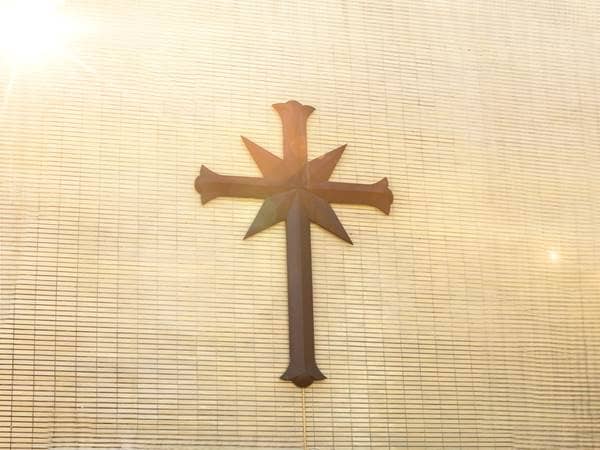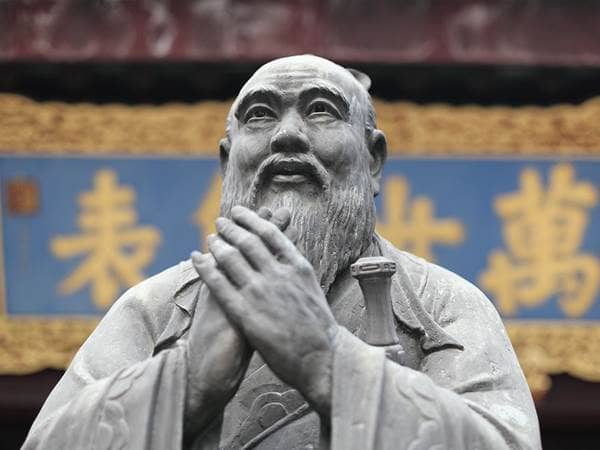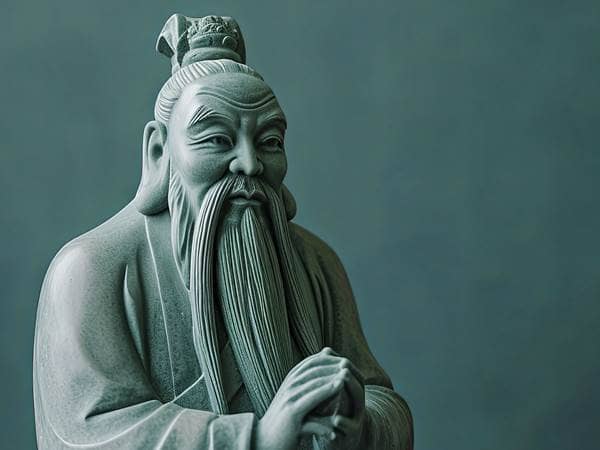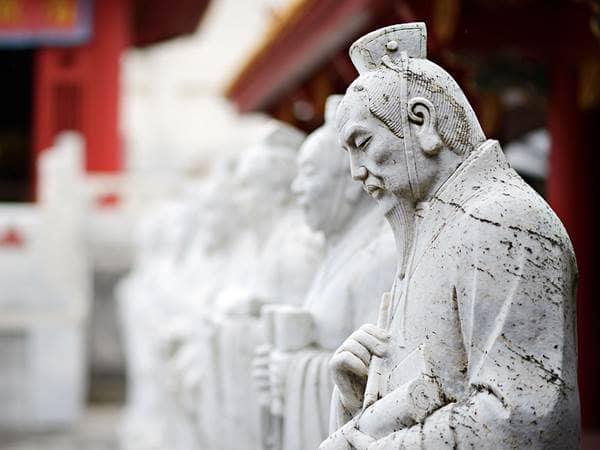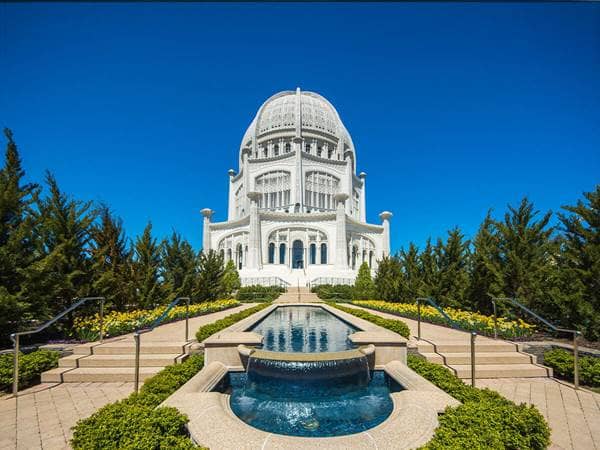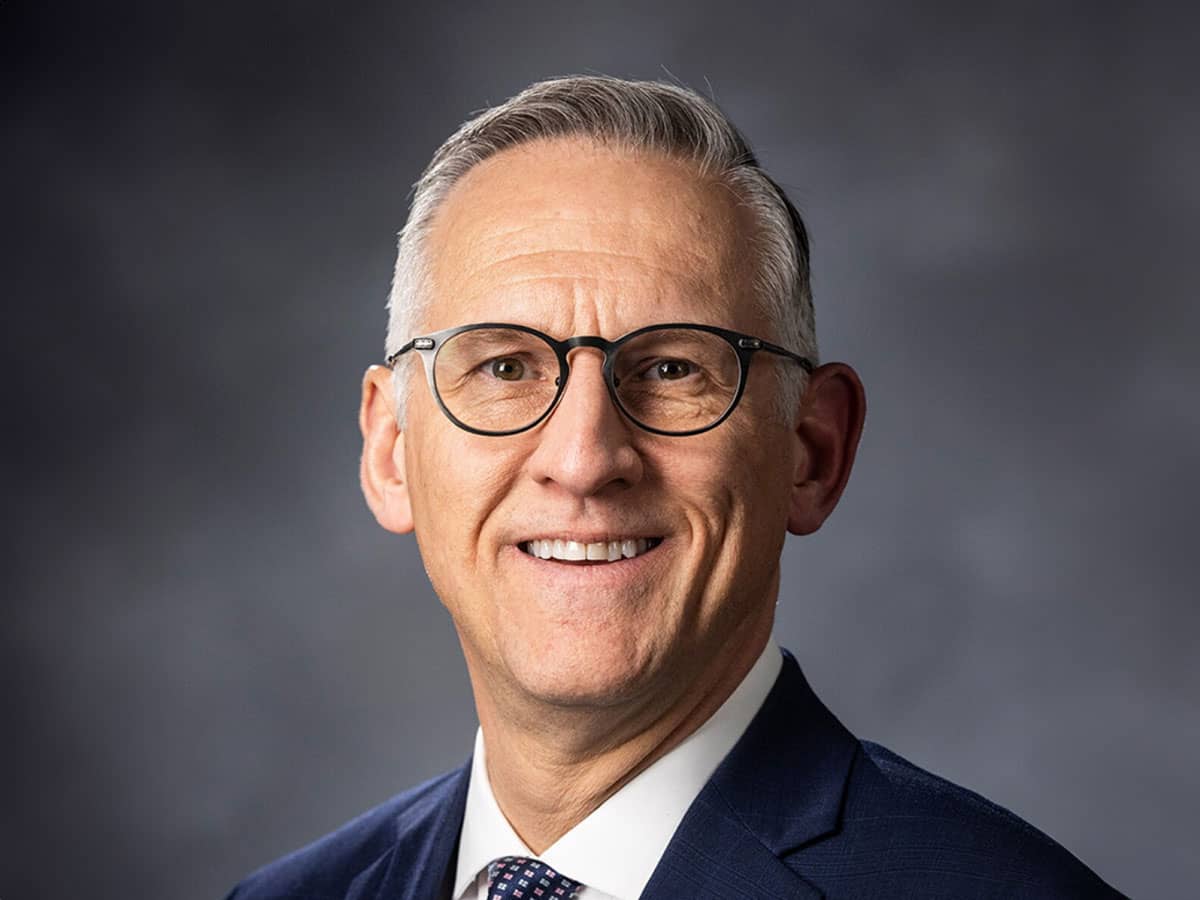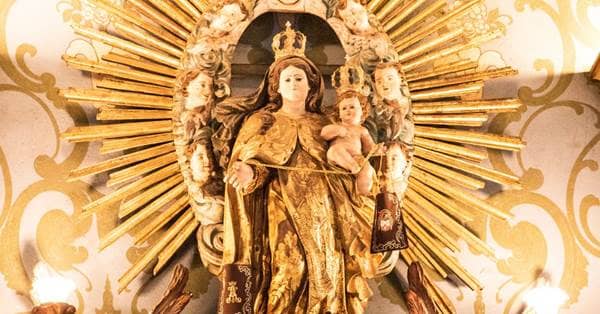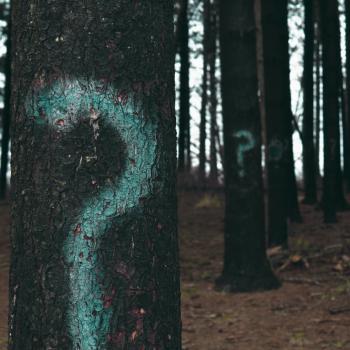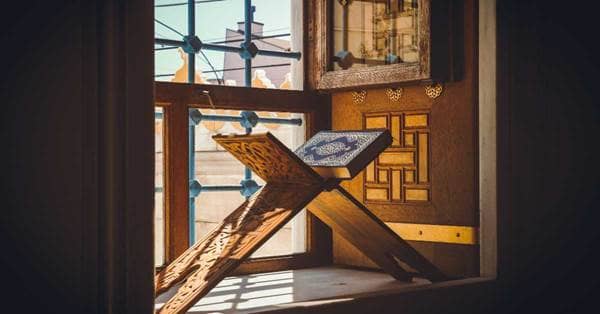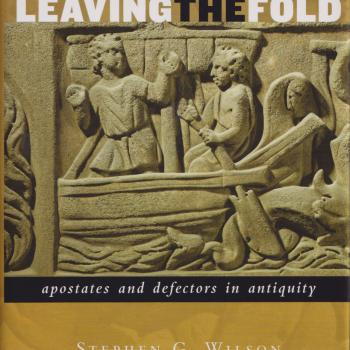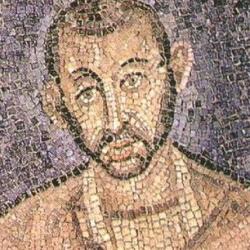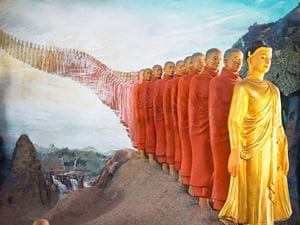
The Baháʼí faith teaches that there is a life after this one, and that those who die exist eternally. While the founder of the Baháʼí tradition (Baháʼu'lláh) indicated that the “Mysteries of…death…have not been divulged,” there are certain things (related to the afterlife) that practitioners of the Baháʼí faith hold to be true. While those doctrinal teachings are sometimes confused (by outsiders) with reincarnation, formally speaking the Baháʼí religion does not teach reincarnation.
It is a doctrine of the Baháʼí faith that one’s soul comes into existence at conception. The soul and the body are seen as related but separate; much like a driver and the car she drives.
Thus, while the soul is eternal, this mortal body is temporary. Though Baháʼu'lláh (the founder of the faith) taught that the details are not known, most Baháʼís believe that we will have a body in the next life, but it will be a heavenly body rather than the same earthly body we had during mortality. Nonetheless, the soul will retain its individuality once the mortal person has died.
Much like in Sikhism, where heaven is often seen as a state of mind or a state of being, those who follow the Baháʼí tradition believe that heaven is less of a place and more a state or condition wherein your soul has become close to God. So, if one has spent his or her life learning about and developing God’s virtues, then he or she will achieve “heaven.” (However, the idea of “going to heaven” is perceived by many in this tradition as more of a metaphor than an actual happening.)
For those who believe in the Baháʼí tradition, theology is less important than the development of God-like virtues; and heaven is based not on what we know but who we have become. Hell, on the other hand, would be the failure to understand and apply the virtues of God. It is the condition or rejecting God’s “manifestations” (or prophets) and their teachings, and thereby living a life that is distant from God.
Though “heaven” is perceived as more of a state of being than an actual place, Baháʼí’s still use language to describe it that suggests a realm of existence. They hold that we will be “close” to God, family and friends, and even to the various prophets (or “manifestations of God”) whom He sent throughout this world’s history.
Therefore, there is an interconnectedness between this life and the life beyond. Rather than seeing these two realms as separate or distant, those of the Baháʼí faith tend to perceive “heaven” (or the afterlife) as here on earth, but unseen by human eyes.
It is the teaching of Baháʼí that, if we have lived virtuously here (in mortality), then we can have influence upon the living once we are dead. Those who survive us can be benefited by our influence exerted from the afterlife. If, on the other hand, our mortal life was largely void of virtuous living and righteous deeds, then we cannot have influence on, or benefit to, those who survive us.
The Baháʼí religion is sometimes compared to universalism, in that it teaches that—regardless of the difficulty and time required—almost everyone will eventually achieve “heaven” (i.e., that state of closeness to God and His virtuous nature). Therefore, this is an optimistic faith which does not dwell on the negative, nor does it give reason to fear God, death, or the afterlife.
Ultimately, one who dies is a state of “distance” from God can, over time, progress to develop the God-like virtues expected of those who achieve a heavenly state. Accordingly, even those who died having lived what appears to be a “bad life” may still have hope of salvation in the afterlife.
The confusion between what the Baháʼí faith teaches and what proponents of reincarnation teach is largely the result of a Baháʼí notion that a person cannot return to earth, but his qualities or attributes might be transmitted to another who is born on earth after him. So, for example, ‘Abdu’l-Bahá (the son of Baháʼu'lláh and the second leader of Baháʼí) taught: “Evolution in the life of the individual starts with the formation of the human embryo and passes through various stages, and even continues after death in another form.
The human spirit is capable of infinite development.” ‘Abdu’l-Bahá added: “The Bahá’í view of 'reincarnation' is essentially different from the Hindu conception. The Bahá’ís believe in the return of the attributes and qualities, but maintain that the essence or the reality of things cannot be made to return. Every being keeps its own individuality, but some of his qualities can be transmitted.” This seemingly confusing explanation of the afterlife has led some to assume those of the Baháʼí faith embrace reincarnation.
In actuality, practitioners hold that certain individuals might be born with the attributes of a previous being; but they are not that being. So, a commonly used analogy is drawn from the Christian Gospel of Luke, where it states (of John the Baptist) that he will have “the spirit and power of Elias” (Luke 1:17).
According to Baháʼí teachings, John the Baptist was not a reincarnation of Elias, but merely a being who had the virtuous attributes of Elias. However, Baháʼís do not believe that any individual soul personally returns to earth in a new or former form. Once one has lived on this earth, one does not come back personally to dwell again upon the earth as a mortal being.
Though Baháʼu'lláh insisted that there is much about the “next life” that we do not know; nonetheless, he and his successors were quite clear that reincarnation was not part of Baháʼí teachings. Indeed, ‘Abdu’l-Bahá explained, “No revelation from God has ever taught reincarnation; this is a man-made conception.” Thus, for a religion that rejects all “man-maid teachings,” and which holds that we must instead embrace the messages of the “manifestations of God,” reincarnation is an impossible idea for Baháʼís to embrace.
5/9/2024 9:04:42 PM

